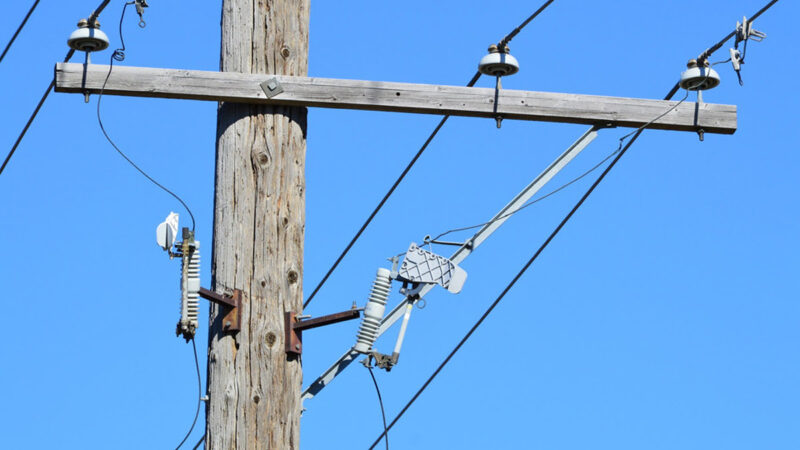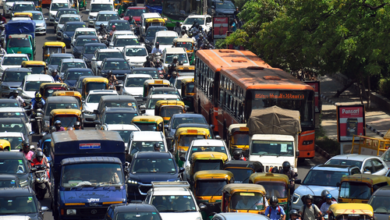SPARC assisting India in its clean energy mission to face challenges of climate change

Patna, Dec 08: To accomplish clean energy mission for combating climate crisis, Smart Power for Advancing Reliability and Connectivity (SPARC) was assisting India to reform and modernise its huge electricity system.
Sources associated with the Energy Ministry said that the country was moving at a faster pace to achieve the target with the help of an ongoing US-India bilateral programme and with support from the Ministry of Power besides the United States Agency for International Development (USAID), known as SPARC.
According to the source, SPARC was assisting to bring reform in energy distribution, capacity building, delivery of household electricity in the installation of smart meters throughout the country. The reform in the energy system would improve access to electricity, reduce inefficiencies within the power sector, and enhance the performance of electric utilities.
According to an article published in a Washington based magazine, the programme, slated till March next year at an expenditure of 2.9 million dollars would extend technical support in achieving the target. The sources said that India has already invested 110 million dollars on its clean energy programme and was setting up electric vehicle charging networks and was adopting smart grid technology under the SPARC programme. The smart grid system is based on sensors for increasing efficiency and reliability.
Elaborating about the SPARC programme, the sources said that it will improve the electrical grid’s interface with residential and business users, encouraging public-private partnerships. A total of 250 million smart meters would be Installed in homes and business establishments by 2023 across the country with the support of SPARC to bill for actual consumption and help consumers use power-hungry electrical appliances during non-peak hours when rates are lower.
Apart from this public charging infrastructure for electric vehicles was also being supported by SPARC to reduce greenhouse gases from conventionally powered vehicles. More than 220 public charging stations have already been installed.






